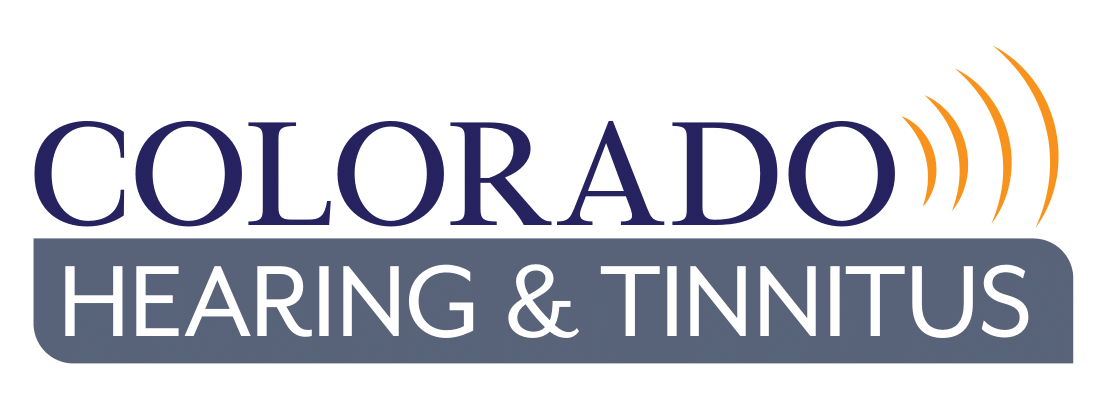Hearing Loss
Hearing loss affects more than 30 million Americans, with around one in eight people over the age of 12 in the United States presenting hearing loss in both ears. That makes it one of the leading chronic health issues in the country. And yet, according to a survey conducted by the American Speech-Language-Hearing Association, people are much more likely to have their vision tested than to undergo a hearing exam.
We can all agree that healthy hearing helps to support a vibrant and connected life. But more than that, leaving hearing loss undiagnosed and untreated can contribute to emotional and mental disorders like feelings of isolation and depression. It can also cause disruption in our closest relationships. And many studies reveal a close connection between untreated hearing loss and cognitive disorders like Alzheimer’s and dementia.

Understanding Hearing Loss

Types of hearing loss
Fundamentally, there are two types of hearing loss: conductive and sensorineural.
Symptoms of Hearing Loss
Hearing loss is notoriously difficult to self-diagnose. In most cases, we lose our ability to hear frequencies along the spectrum gradually, instead of an overall lowering of volume. This means that as adaptable creatures, we can make accommodations for early instances of hearing loss sometimes without even noticing that we aren’t communicating like we used to.
People tend to lose high-frequency sound first. These are higher pitches, like a child’s voice or birdsong. Lower frequency sounds, like a deep voice or bass notes, will probably stick around a while longer. For this reason, speech clarity is one of the first signs of hearing loss. It may seem to you that everyone around you is mumbling their words. You might find yourself asking ‘what?’ more often in conversation. Over time, you might cope by withdrawing from chatting with neighbors and friends or avoiding telephone calls with loved ones. Our hearing loss is often first noticed by our friends and family members, who can also be the greatest motivating factor for intervening in hearing loss.

Choose Healthy Hearing
Hearing loss is a treatable condition and proactive monitoring of your hearing health can make an impact on how long you experience its implications before choosing a more vibrant hearing life.
Our team of hearing health professionals is here to guide you through the easy process of a hearing exam. From there, we’ll help you understand any patterns of hearing loss that are present. Together, we’ll find the path to your healthiest hearing future. Schedule an appointment for a consultation today!

